
Senior physics writer Emily Conover joined Science News in 2016. She has a Ph.D. in physics from the University of Chicago, where she studied the weird ways of neutrinos, tiny elementary particles that can zip straight through the Earth. She got her first taste of science writing as a AAAS Mass Media Fellow for the Milwaukee Journal Sentinel. She has previously written for Science Magazine and the American Physical Society. She is a two-time winner of the D.C. Science Writers’ Association Newsbrief award, and a winner of the Acoustical Society of America’s Science Communication Award.

Trustworthy journalism comes at a price.
Scientists and journalists share a core belief in questioning, observing and verifying to reach the truth. Science News reports on crucial research and discovery across science disciplines. We need your financial support to make it happen – every contribution makes a difference.
All Stories by Emily Conover
-
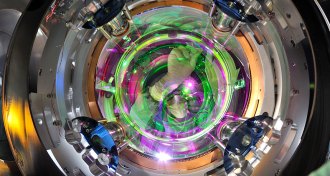 Physics
PhysicsThe LIGO and Virgo gravitational wave detectors are back on
Souped-up instruments could spot never-before-seen sources of gravitational waves.
-
 Quantum Physics
Quantum PhysicsA new quantum engine packs more power than its standard counterparts
A new type of tiny machine harnesses quantum physics to produce more power than a normal engine, under certain conditions.
-
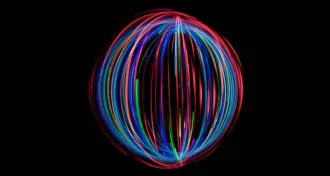 Particle Physics
Particle PhysicsHow a proton gets its spin is surprisingly complicated
Pinning down the source of protons’ spin is surprisingly hard to do.
-
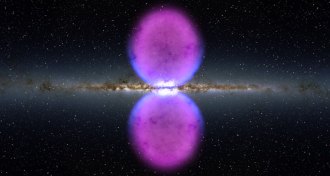 Astronomy
AstronomyX-ray ‘chimneys’ connect the Milky Way to mysterious gamma-ray bubbles
Two columns of X-rays that are hundreds of light-years long could explain the existence of giant bubbles of energetic light that sandwich the galaxy.
-
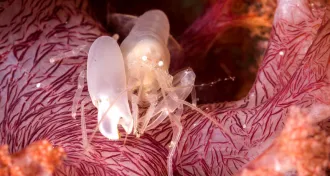 Life
LifeSome shrimp make plasma with their claws. Now a 3-D printed claw can too
Scientists used a replica of a shrimp claw to re-create the extreme pressures and temperatures that the animals produce underwater.
-
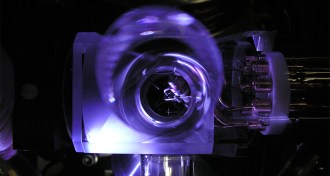 Physics
PhysicsUltraprecise atomic clocks put Einstein’s special relativity to the test
Physics obeys the same rules no matter what direction you’re facing, a new experiment confirms.
-
 Physics
PhysicsScientists have chilled tiny electronics to a record low temperature
In a first, electronic chip temperatures dip below a thousandth of a degree kelvin.
-
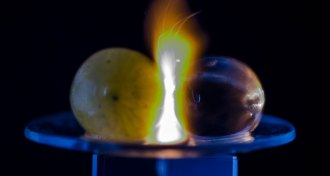 Physics
PhysicsMicrowaved grapes make fireballs, and scientists now know why
Electromagnetic waves bounce back and forth inside a grape, creating plasma.
-
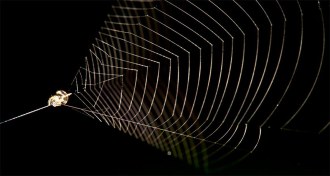 Life
LifeThis spider slingshots itself at extreme speeds to catch prey
By winding up its web like a slingshot, the slingshot spider achieves an acceleration rate far faster than a cheetah’s.
-
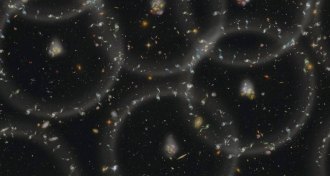 Cosmology
CosmologyHidden ancient neutrinos may shape the patterns of galaxies
The gravitational pull of subatomic particles born in the universe’s first second seem to influence how galaxies cluster into rings.
-
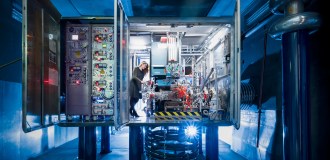 Chemistry
ChemistryExtreme elements push the boundaries of the periodic table
The hunt for the next elements on the periodic table might turn up superheavy atoms that flaunt the rules of chemistry.
-
 Physics
PhysicsSupernovas show the universe expands at the same rate in all directions
Analyzing supernovas indicates that expansion rates agree within 1 percent across large regions of sky.